We so often focus on the physical aspects of our health and how we can optimise these to impact our performance. How much protein do we need? What ingredients accelerate our recovery? How should we time our nutrient intake? While these are all important pieces of the puzzle, they don’t quite paint the whole picture. Our physical state isn’t the only thing that impacts our experience and output in training - our mental wellbeing is just as important.
Anxiety is the most common mental health condition in Australia, with one in four people experiencing it at some stage in their lives. Although combat sport may seem intimidating from an outside perspective, we know many members of our combative community who struggle with anxiety and nerves. While participating in combat sports alone can produce remarkable benefits for mental health, there are a number of ways you can improve your psychological state, starting by optimising your gut health.

Yep, you read that right. Gut health has been proven to have an enormous impact on your mental wellbeing. Our bodies are a rich ecosystem that’s home to a vast range of foreign microbial cells that help us maintain healthy bodily functions throughout our everyday lives. More and more research is suggesting that these microscopic life forms also play a role in our cognitive processes, particularly those that nest in the gastrointestinal (GI) tract. Revelations from studies on the ‘mind-gut-brain’ axis have attracted a huge amount of research and spending on the topic, illuminating the clear link between the balance of gut microbiota and correlating mental health issues such as anxiety and depression.
The connection between gut health and mental health
The two concepts of gut health and mental health may appear entirely unrelated at first, but the link becomes clear when we look at some of the ways in which our digestive system directly impacts our cognitive state. For example, pain, hunger and satiety are common sensations we experience that rely on communication between the brain and the gut. But how does this communication occur?
The part of our nervous system that is located in our gut is called the enteric nervous system (ENS), which is responsible for delivering messages to and from the brain. Without getting too technical, the neurons and neurotransmitters found in the ENS are the same as those in the central nervous system, leading some medical experts to refer to this system as our ‘second brain’.
To link this concept to a more concrete and relatable experience, think of when you have felt excitement that has manifested in your stomach as ‘butterflies’. This physiological response to the emotion demonstrates the communication that occurs between the enteric nervous system and the brain, and these messages flow both ways.
The balance of gut flora is another key influencing factor in the mind-gut connection, with studies demonstrating significant implications of gut colonisation during infancy on cognitive development. For example, a humane study on mice born naturally compared to cesarean section revealed that the latter group born with sterile microbiota showed significantly higher symptoms of anxiety and depression compared to those born naturally with microbiota passed on from their mother. Other studies wiping out gut bacteria found that gut infections and the antibiotic treatments used for recovery can impair cognitive functioning. These findings provide valuable insight into the scope of the impact that our gut flora has on our cognitive state and development.
Researchers are still trying to grasp exactly how our gut flora influences our mood, but experts suggest that chemical byproducts of certain bacterial species play a major role.
Inflammation and disturbances in the gut (known as dysbiosis) have been linked to a number of mental health issues, including anxiety and depression. Since imbalance in the gut can trigger signals to the brain and vice versa, intestinal distress can be the source or the result of anxiety, stress, or depression.
Supporting gut health through nutrition & supplementation
Now that you know a bit about the foundations of how the brain and the gut are connected, there are a number of ways you can address your gut health to potentially improve your mental wellbeing. Including foods and supplements in your diet that contain gut-friendly ingredients can aid in digestion, reduce stomach troubles (such as pain and bloating) and enhance the natural ecosystem of your gut.
Below are some of the key ingredients to look out for that are beneficial for gut health.
Probiotics
An easy and effective way to improve your microbiota is through probiotics. You may see the word splashed across yoghurt and kombucha labels, but what actually are they? Probiotics are live microorganisms that keep your gut healthy, maintain a balance of good bacteria and aid in digestion.
Studies have shown the direct impact of probiotics on our psychological states. A 30-day study of participants who took probiotics experienced significantly lower symptoms of anxiety, depression and anger.
Prebiotics
Research determining what good gut flora looks like is only in its infancy, but what we do know the magic that prebiotics can do for our digestive health. While probiotics are good bacteria that we consume in our diets, prebiotics are a non-digestible dietary fibre that feed these microorganisms and allow them to thrive. Researchers have recently gained a deeper understanding of how dietary fibre nourishes our gut microbes, allowing them to grow in number and variety. In other words, if your gut were a garden, prebiotics would act as the fertiliser.
Aside from playing a key role in digestive health, other associated benefits of prebiotics include boosting immunity, enhancing the body’s absorption of minerals and stimulating the production of anti-inflammatory compounds. Furthermore, researchers have found promising evidence that prebiotics can influence our cognition, stress hormone levels and emotions.

Digestive enzymes
Digestive enzymes are naturally produced by the body and play a crucial role in breaking down the food we eat into the nutrients that we absorb and reap benefits from. However, when normal secretion is for some reason impaired or disrupted, we may be unable to properly break down our food, which can slow digestion and cause discomforts such as bloating and cramps.
Taking supplements with added digestive enzymes provides some level of protection against discomforts after digesting food. Plus, when taken on an empty stomach, digestive enzymes can provide a wealth of additional benefits such as stimulating the immune system, reducing inflammation, improving liver health and more.
Plant-based Protein
Although whey protein has been the traditional go-to supplement for fuel, many people have trouble digesting it. Plant-based alternatives provide a simple and effective solution that are more friendly on the gut. Pea and rice proteins are a popular combination as together they provide a complete source of protein with an optimal amino acid profile. Pea protein is packed with immunity-boosting antioxidants that help balance gut flora and rice protein is hypo-allergenic and easy on sensitive stomachs.

Cell Charge
Cell Charge helps transport the essential nutrients your cells need to function. The hero ingredient is Fulvic Acid, which is known to have a range of purposes around the body, namely boosting nutrient absorption, digestion and gut health. By replenishing healthy nutrients and enzymes, Fulvic Acid helps boost your digestive system and helps settle distressing symptoms such as stomach aches and bloating.
Gut health is the window to your overall health, including our mental wellbeing. Nurturing a healthy digestive system can have widespread benefits, and you can start making a difference by simply including supplements and foods in your diet that contain gut-friendly ingredients.
Knowing this, we formulated each of our CMBT Nutrition supplements conscious of the implications for your gut health. We use high-quality, clinically proven ingredients such as some of the ones explained above to not only optimise your performance and recovery on the mats but to enhance your inner health as well. Click here to discover our range.


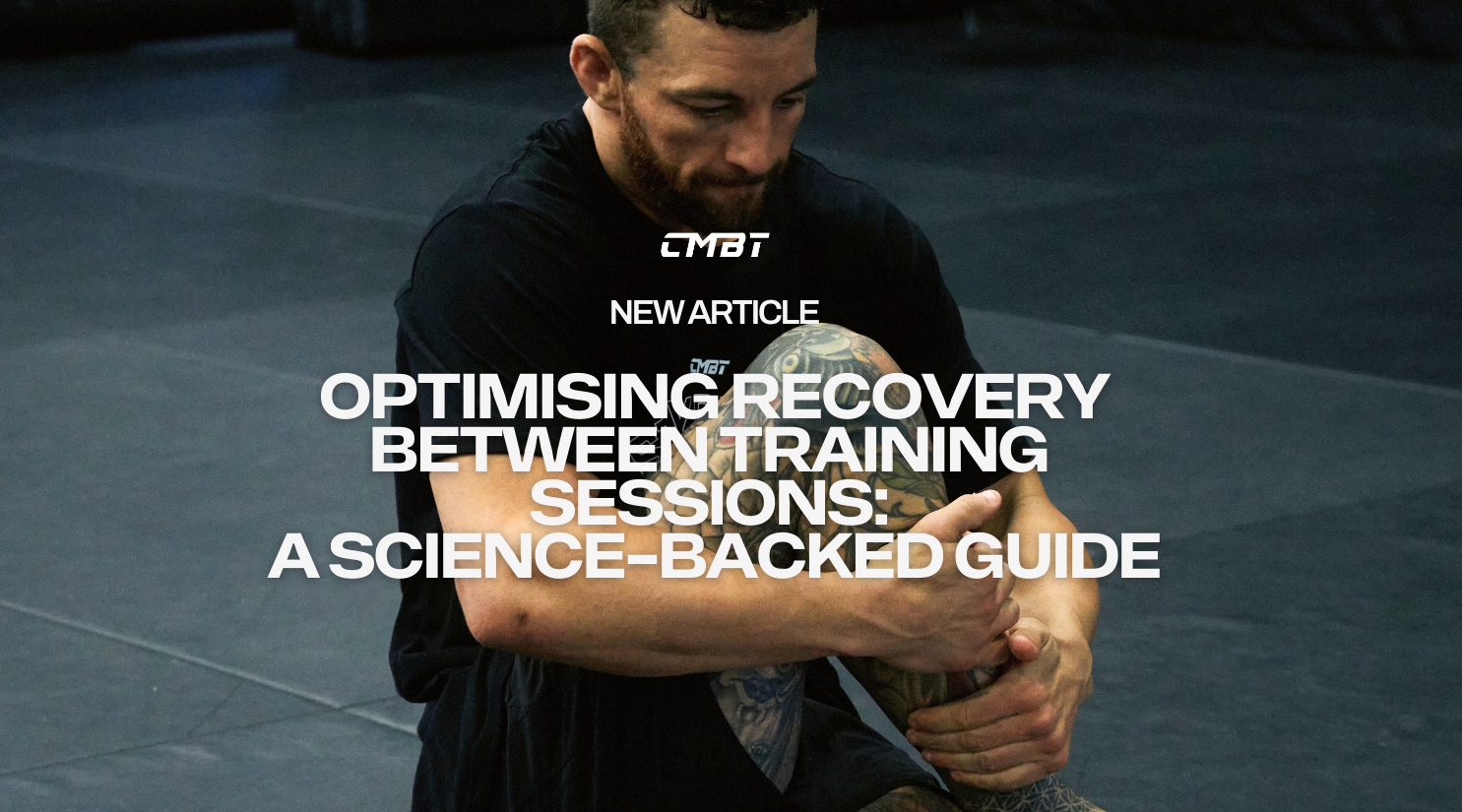




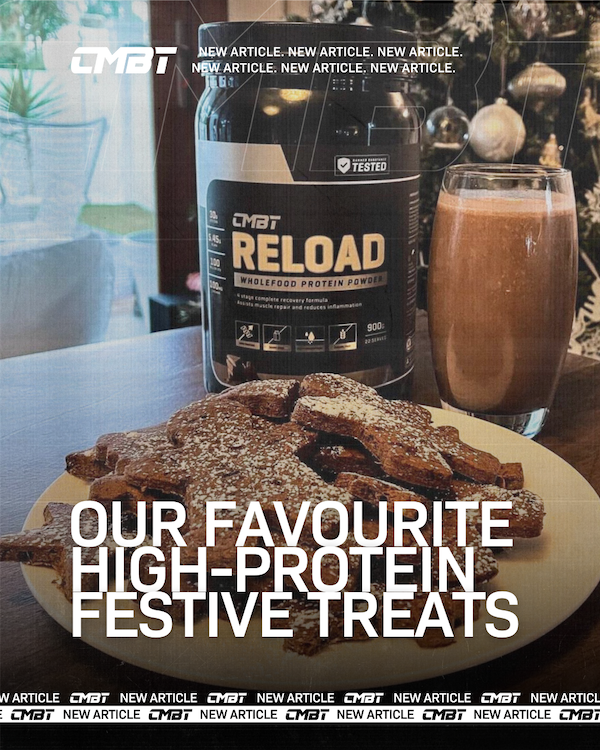








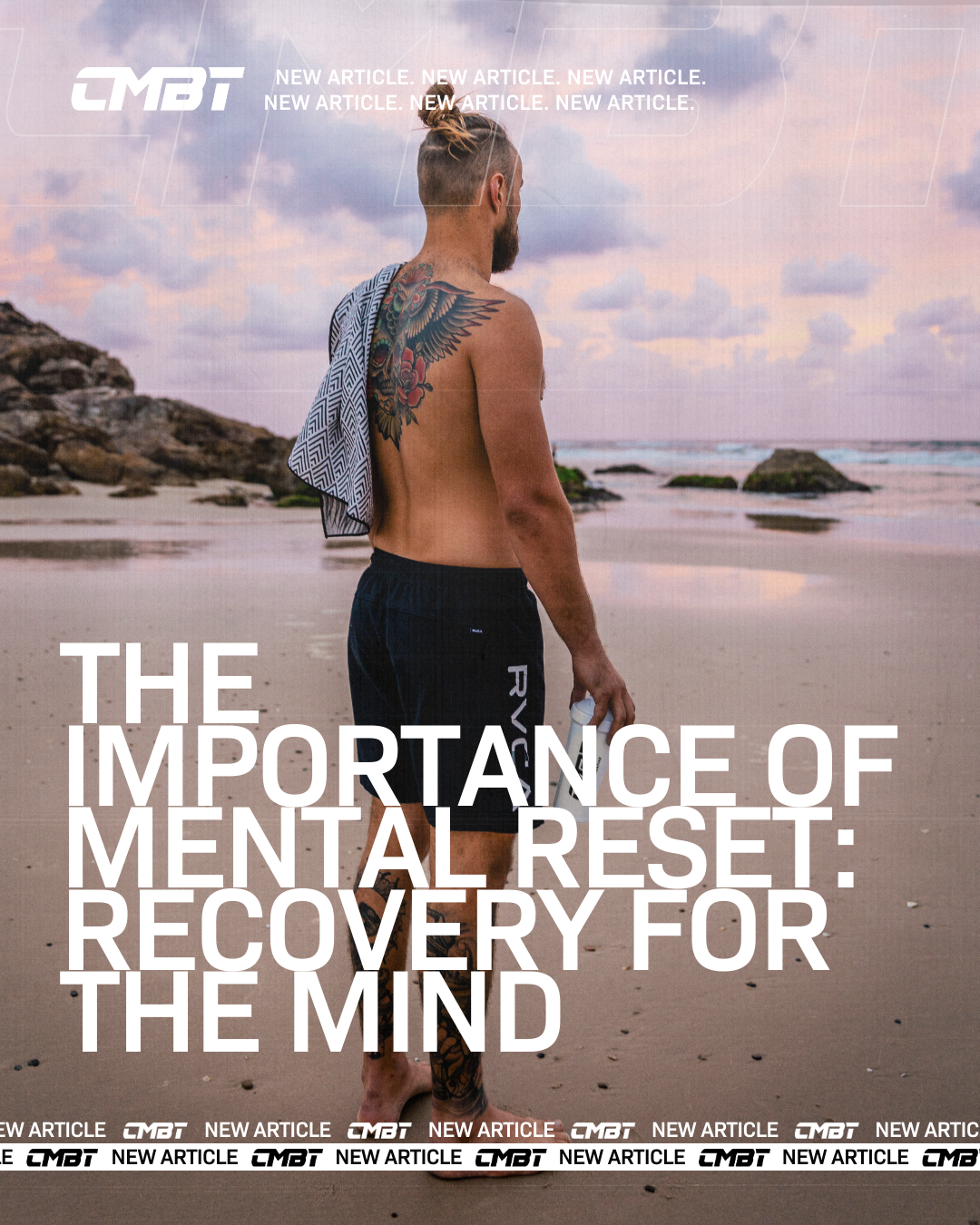
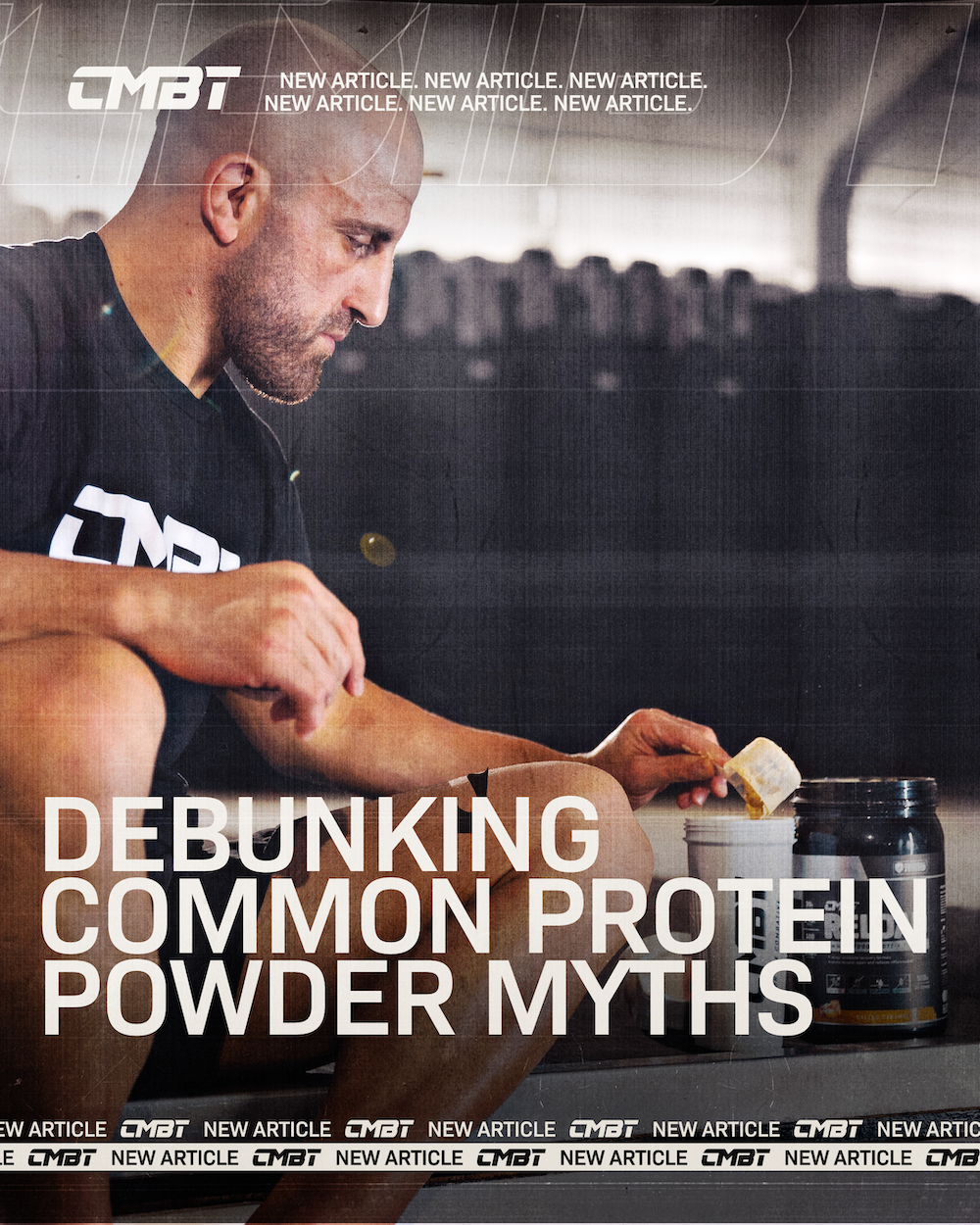
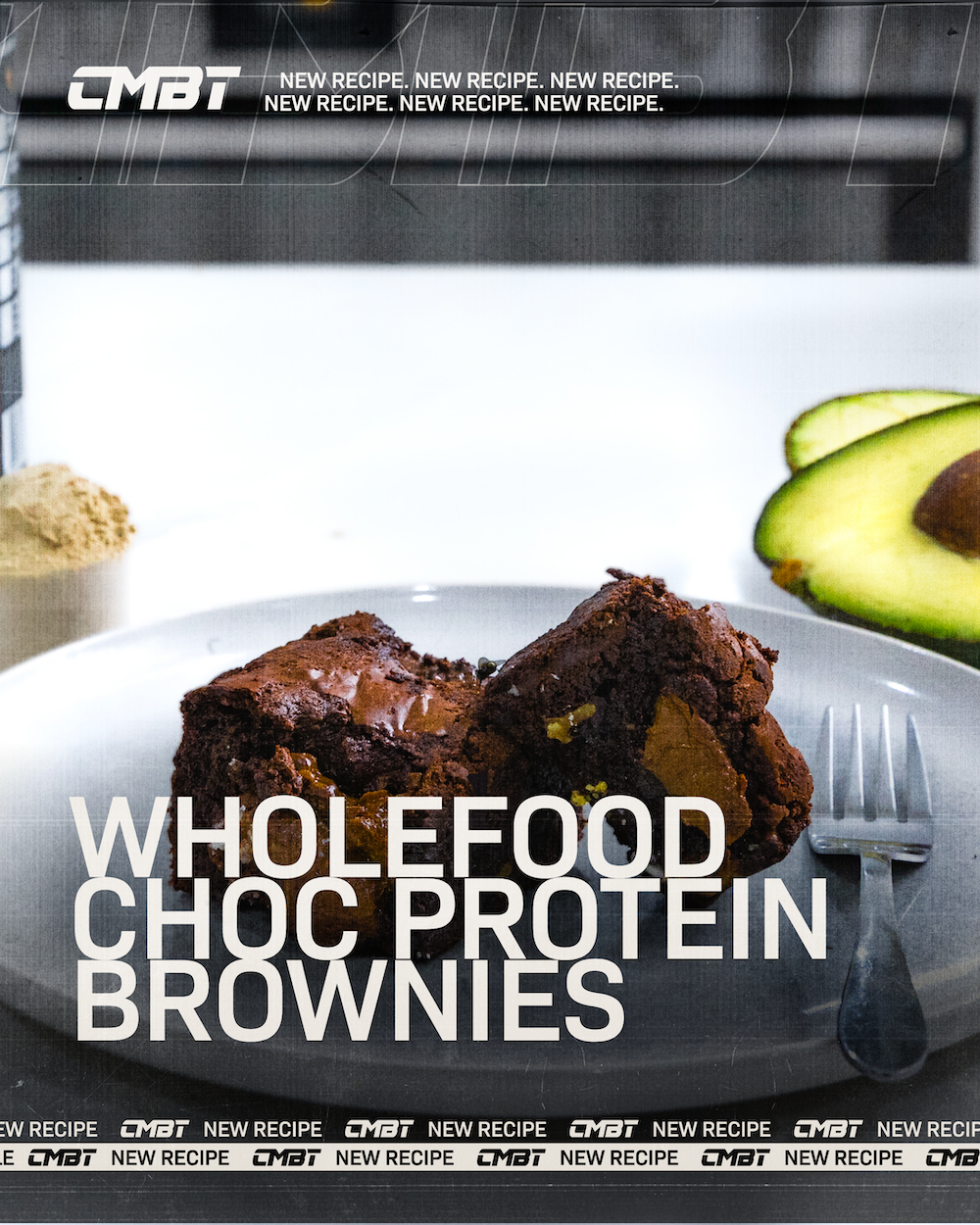

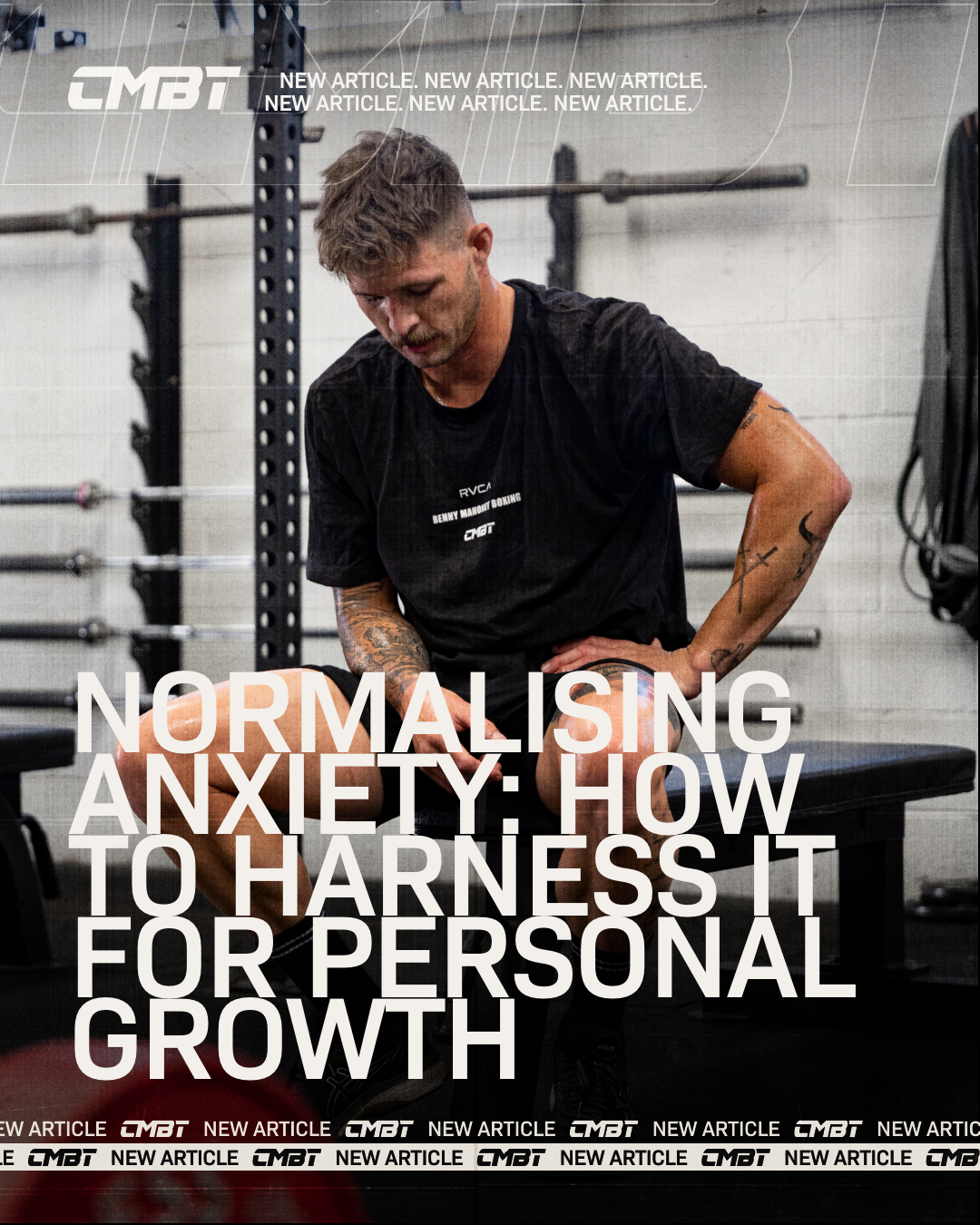












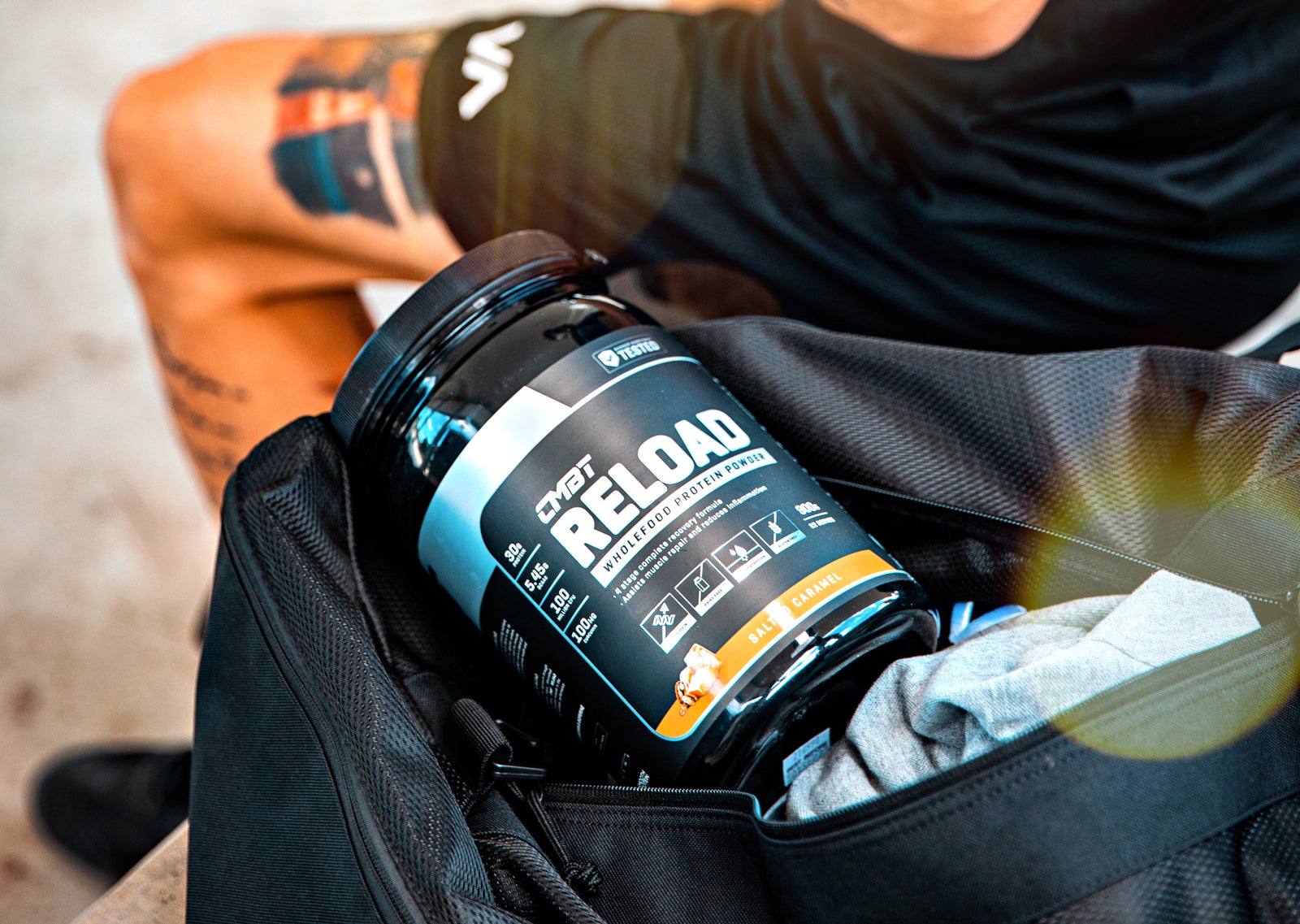





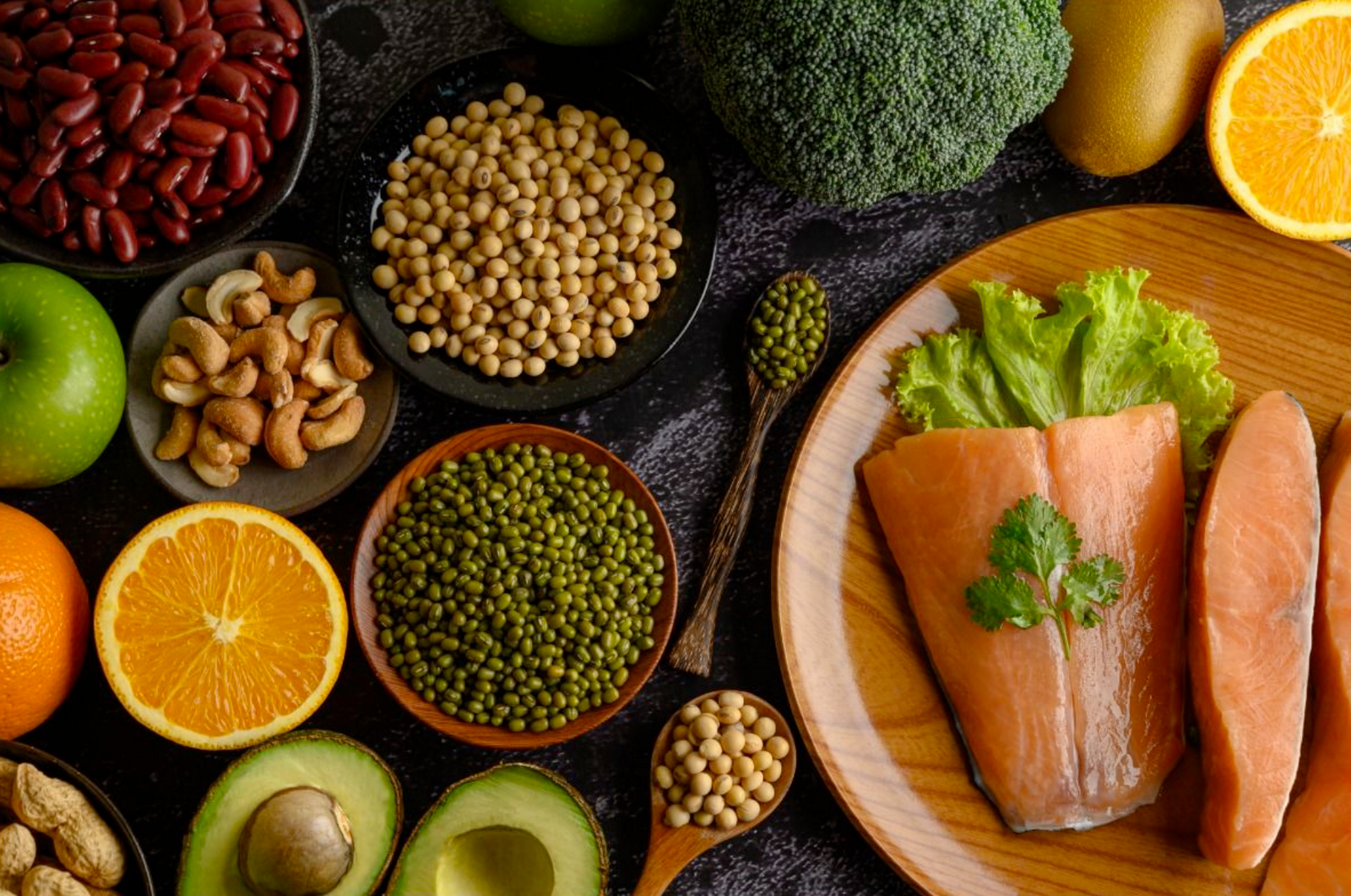
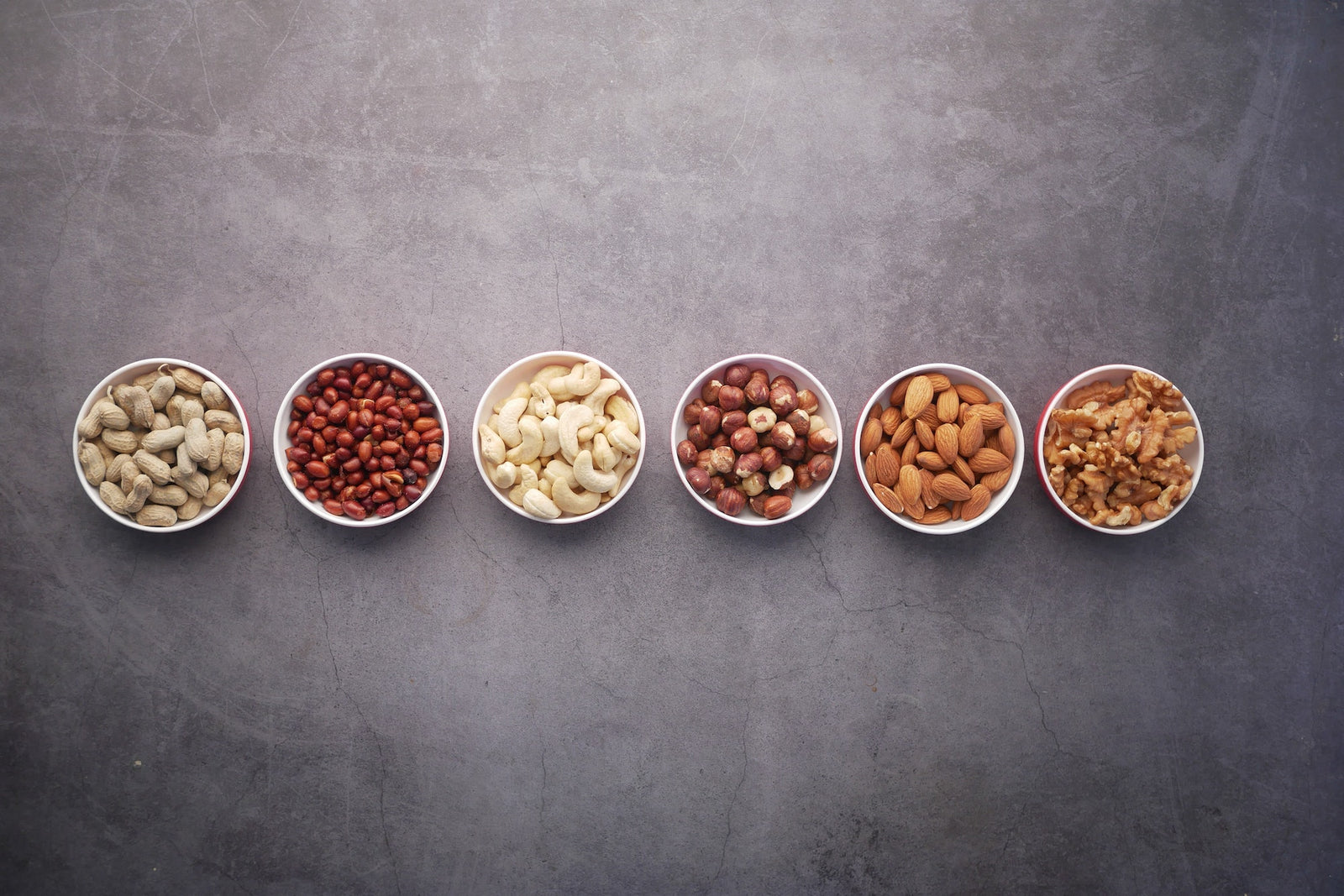





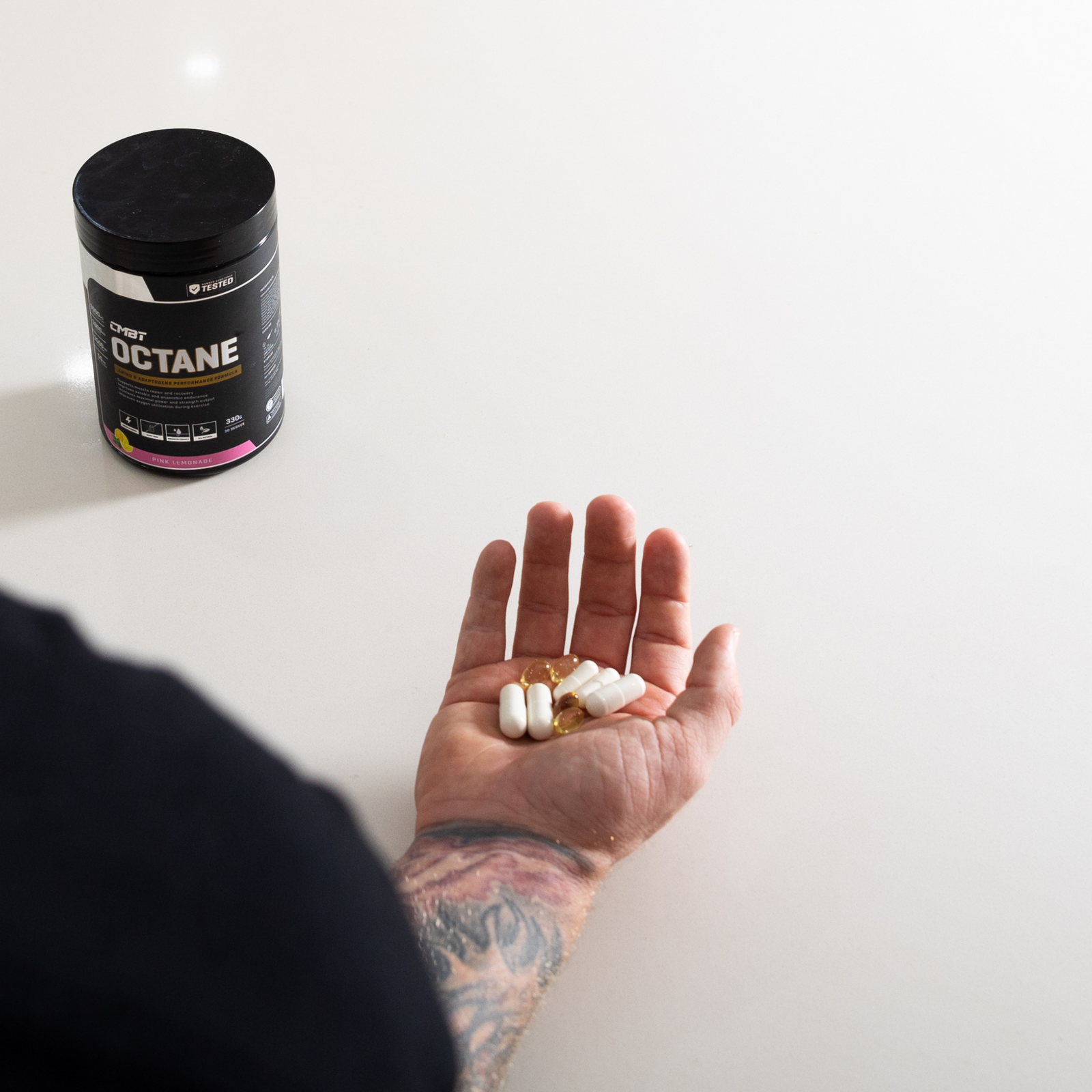


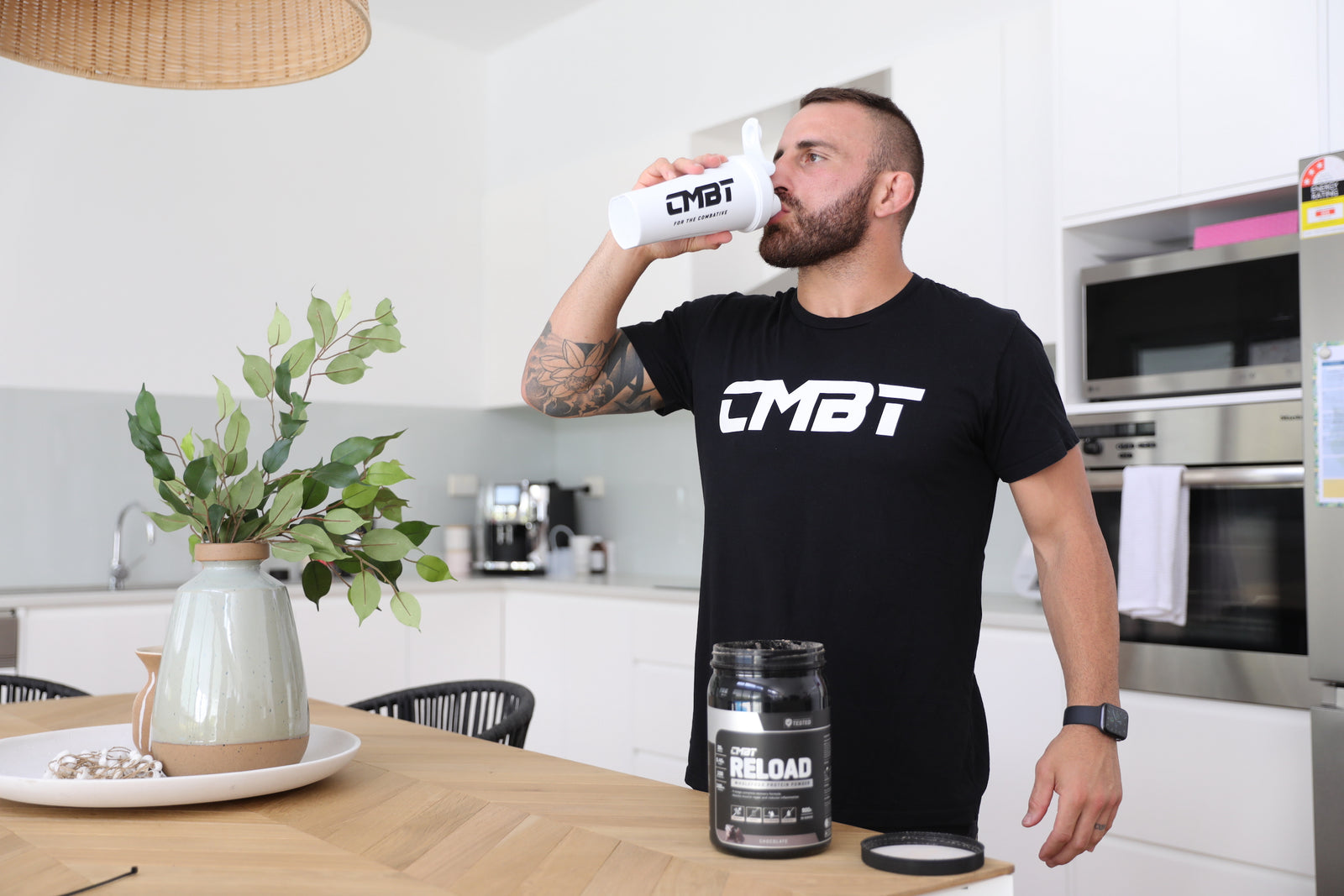
![[VIDEO] Fuel Your Passion feat. Sami Locke](http://cmbt.com.au/cdn/shop/articles/Sami.jpg?v=1625826844&width=1600)